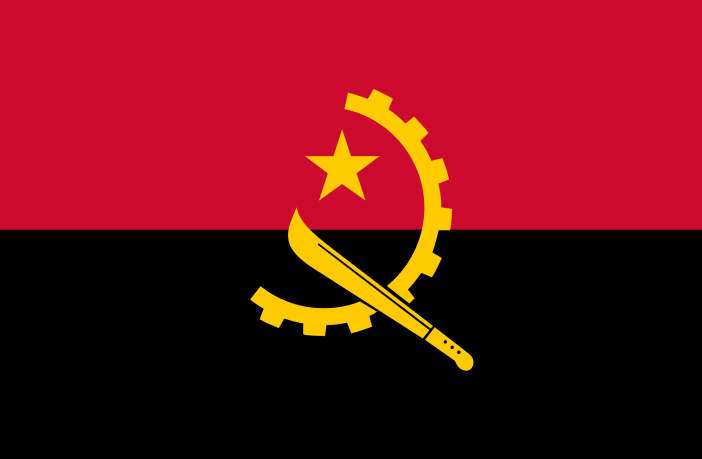- Implemented in Angola between 2019 and 2022, the Angola Renewable Energy Program (AREP) has helped to establish a viable and sustainable procurement framework that stimulates investments by Independent Power Producers (IPPs) in the Angolan renewable energy sector, particularly in solar energy and hydropower.
By the end of 2021, Angola had made progress by increasing the national electrification rate (from 33% in 2017 to 43% in 2021) and raising the renewable component of the energy mix from 59% in 2017 to 64% in 2021.
In particular, the program supports the Angolan government’s efforts in increasing renewable energy production four-fold, from 125-megawatt hours to 500-megawatt hours (mainly solar).
The Sustainable Energy Fund for Africa (SEFA), a multi-donor Special Fund managed by the African Development Bank, provided the program with a $1 million grant.
AREP will help reduce the country’s dependence on fossil fuels and mitigate the adverse effects of mega energy projects. It also seeks to foster private investment in the renewable energy sector and to build capacity for project design, implementation and monitoring.
Angola’s energy context at project preparation in 2017 was characterized by low access to clean, modern, and reliable energy – 33% countrywide. Having attained 43%, the long-term development strategy aims to expand electricity access to 60% of the population by 2025. Renewable energy will account for 70% of the country’s installed capacity.
The Government of Angola plans to install 100-megawatt hours of solar capacity by 2025, including 30-megawatt hours off-grid.
Author: Bryan Groenendaal
Source: AfDB















